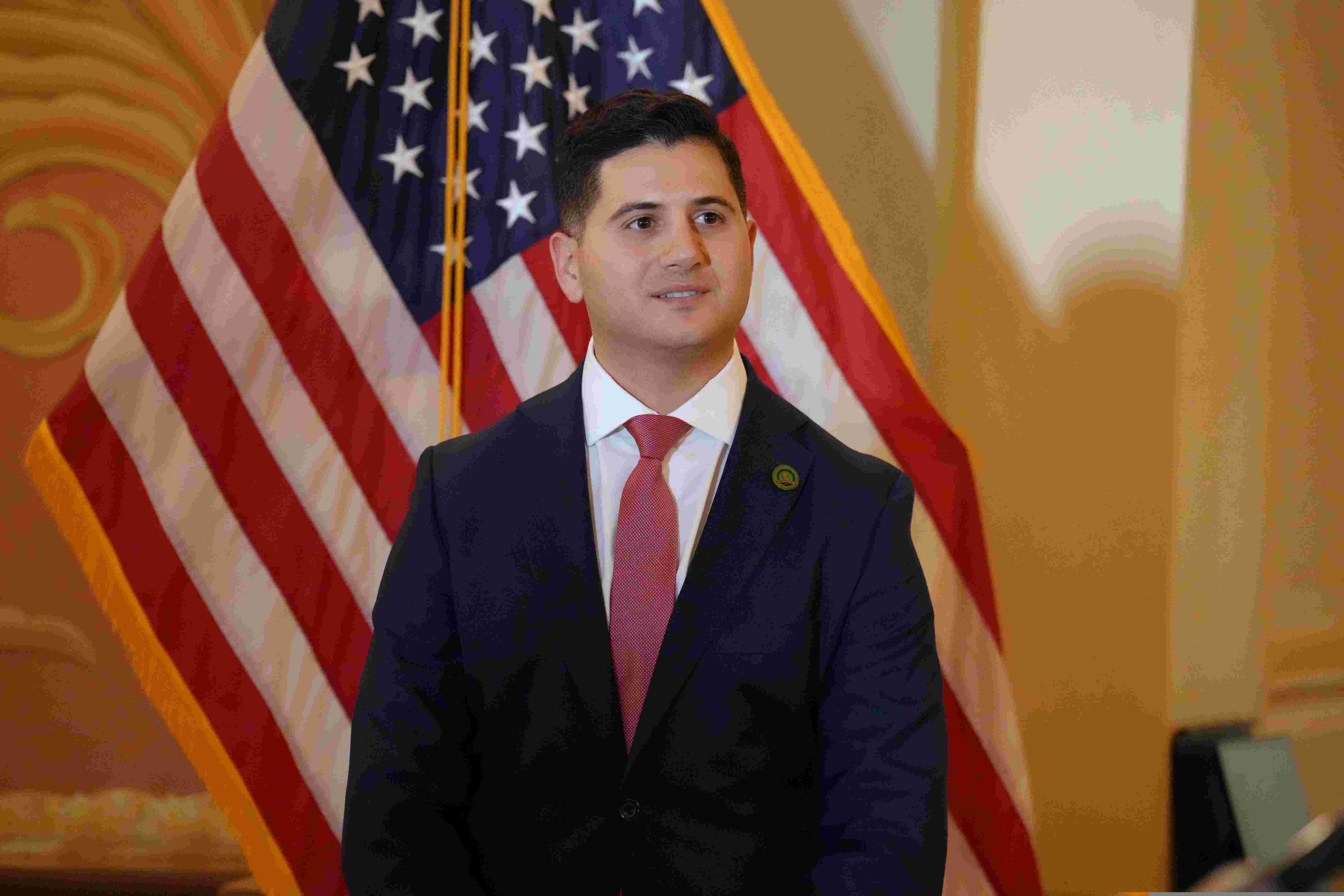Jul. 24, 2025
Trump-appointed prosecutors in California face uncertainty
A judicial standoff over U.S. attorney appointments in New Jersey could have ripple effects in California, where three prosecutors tapped by Attorney General Pam Bondi under a time-limited statute now face expiring terms and unclear futures in courts dominated by Democratic appointees.





The outcome of a showdown between the Trump administration and district judges in New Jersey over who will be that state's U.S. attorney could have a ripple effect in California, where three top prosecutors appointed by Attorney General Pam Bondi were chosen under the same law.
Bilal A. "Bill" Essayli of Los Angeles, Adam Gordon of San Diego and Craig H. Missakian of San Francisco all were appointed by Bondi to 120-day terms which will expire in August and September under 28 U.S.C. § 54.
Essayli's term expires at the end of next week, Gordon's in the middle of August, and Missakian's near the end of September.
Central District judges have not acted on Essayli's position in Los Angeles, according to the U.S. attorney's office. Southern District judges have not met to discuss Gordon's appointment, according to U.S. District Judge Dana M. Sabraw of San Diego.
What happens to them next is an open question. Under the law, judges in each district appoint the U.S. attorney when the position is vacant because a presidential nominee has not been confirmed by the U.S. Senate - which in California would mean that courts with a majority of Democratic appointees would choose U.S. attorneys in the state.
That's why the Justice Department balked at Tuesday's appointment by the New Jersey judges of federal prosecutor Desiree Leigh Grace to replace U.S. Attorney Alina Habba - one of President Donald Trump's former personal attorneys - even though Grace is a registered Republican, according to a report in Politico.
Bondi rejected Grace, saying the "Department of Justice does not tolerate rogue judges - especially when they threaten the President's core Article II powers."
Judges in the Northern District of New York declined to appoint U.S. Attorney John A. Sarcone III after his 120-day term expired. The Justice Department instead gave him a new title as "special attorney to the attorney general" with the intention of keeping him in control of the office.
It's not clear whether Bondi's gambit will work, but it creates a lot of uncertainty - including for district judges who historically have had the authority to choose U.S. attorneys when the position is vacant.
Legal experts said it is likely that criminal defendants will challenge their convictions if there are questions raised about whether a U.S. attorney was legitimately appointed.
The law is silent about whether Bondi could not pick the same person as U.S. attorney after their 120-day term expires, although the administration has not tried to challenge it directly. Instead, Carl W. Tobias, a professor at the University of Richmond School of Law, said in a phone interview that the administration has used "workarounds that are hard to challenge."
Anne Joseph O'Connell, a professor at Stanford Law School, said in an email she believes the text of the statute, though not intended by Congress, appears to allow successive appointments under the law.
"Congress presumably did not intend for that to happen when it put back time limits into the statute after the U.S. attorney firing debacle under President George W. Bush," she wrote.
While three district courts have rejected Trump's interim U.S. attorneys, most others have appointed them. The president has not nominated many full-term U.S. attorneys across the nation, and Senate Democrats have placed a hold on all of their nominations, which delays the process, according to Tobias.
Craig Anderson
craig_anderson@dailyjournal.com
For reprint rights or to order a copy of your photo:
Email
Jeremy_Ellis@dailyjournal.com
for prices.
Direct dial: 213-229-5424
Send a letter to the editor:
Email: letters@dailyjournal.com



